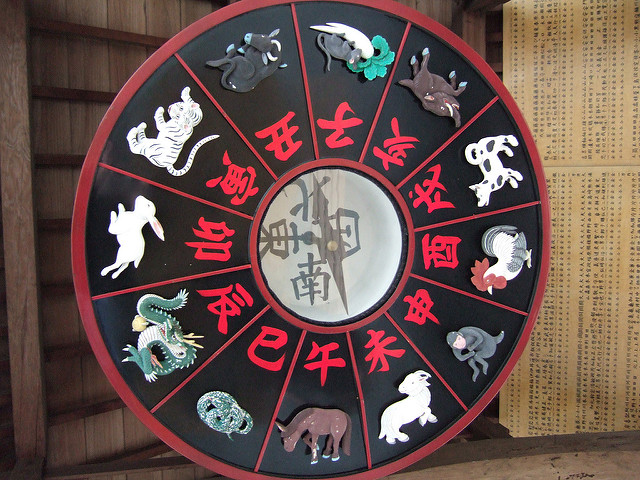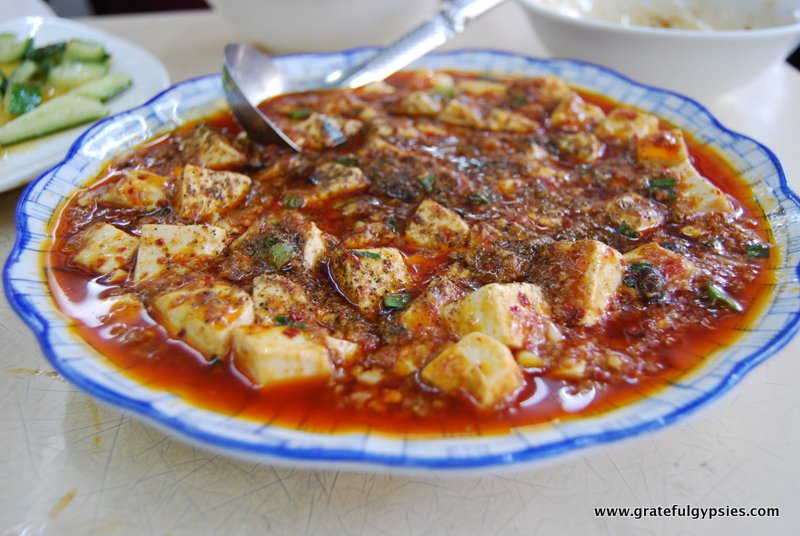Top 10 Posts of 2018 Posted by sasha on Dec 19, 2018 in Culture, Vocabulary
It’s hard to believe, but another year is about to finish up. As we look forward to the New Year (新年 – xīn nián), it’s a great time to reflect on the one that’s ending. Here at the Chinese Language Blog, that means looking back on our 100 or so posts from the year and seeing which ones you, our amazing readers, enjoyed the most. We ran the stats and found our Top 10 Posts of 2018, so here they are!
10. Guess the Chinese Word
I don’t know about you, but I love a good guessing game. In this post, you can play a fun little game by guessing Chinese words based on their literal translations into English. What do you think “cowboy pants” (牛仔裤 – niú zǎi kù) are? How about a “fire chicken” (火鸡 – huǒ jī)? There are 25+ words in this post that you can guess, and you’ll have a useful vocabulary list at the end!
9. An Intro to the Chinese Zodiac
You’re probably familiar with the Chinese zodiac (生肖 – shēng xiào), but do you know the interesting legend of how the twelve animals of the zodiac calendar came to be ordered? There’s also a handy-dandy chart that makes it really easy to find your animal if you don’t already know it. I was born in ’85, meaning I’m a bull (牛 – niú). There’s a lot more to the Chinese zodiac than just the animals, though, so read this post to find out.
8. Exclamations in Chinese
Once you’ve gotten to a basic conversational level of Chinese, you’ll want to start improving your fluency and sounding more natural. A great way to do this is learning some exclamations in Chinese. These help you show your interest in a conversation. Exclaim “Really?!” (真的吗?! – zhēn de ma) or “Of course!” (当然了! – dāng rán le) to show that you’re really engaged in what’s being said. Learn several other useful exclamations by studying this helpful post.
7. English Words That Come From Chinese
Chinese has definitely made its mark on the English language, thanks to words like tofu (豆腐 – dòu fu) and fengshui (风水 – fēng shuǐ), or expressions such as “Long time no see” (好久不见 – hǎo jiǔ bù jiàn). If you’re interested in learning more, be sure to check out this post that details several English words with Chinese origins. There are a few good stories as well, including how and why the word “ketchup” actually has Chinese roots.
6. Chinese Vocabulary for Spring Festival
China has many different holidays throughout the year, but none are more important than Spring Festival (春节 – chūn jié). Also known as the Chinese New Year, this holiday will occur on February 5th in 2019. Get talking about it by learning 25 vocabulary words for Spring Festival, including three of the most common greetings that are used around the holiday.
I always enjoyed celebrating Spring Festival in China, except for the non-stop firecrackers for 15 days! My best experience with the holiday came when we got to visit a friend in his small village in the mountains of Yunnan. You can see what Spring Festival in rural China looks like in this short video:
5. Chinese Holidays for 2018
You guys must love learning about Chinese holidays, because there are back-to-back posts about them on our Top 10 list! China has seven public holidays every year plus several other unofficial holidays. You can learn the Chinese name for each holiday in this post, although you should be aware that many of the holidays are based on the lunar calendar and thus will have a different date in 2019.
4. How to Order a Beer in Chinese
When I got the idea to write this post, I thought it was kind of a silly one. Several months later, and I’m happy to see that it was one of the most popular posts on the blog this year! I guess I’m not the only one who enjoys an ice cold beer (啤酒 – pí jiǔ) from time to time. This post has you covered for ordering a beer in Chinese. You’ll learn the names of top Chinese brands, as well as useful words and phrases that will help you order a brewskie in Chinese with no problem.
If you’re really into practicing your Chinese while you toss back a few, I suggest heading to the Qingdao Beer Festival (青岛啤酒节 – qīng dǎo pí jiǔ jié). It’s tons of fun, and you’ll have plenty of chances to practice what you learned in this post! Just check out some highlights of the festival in this short video:
3. Chinese Vocabulary for the Winter Olympics
Seeing as how 2018 saw another edition of the Winter Olympics (冬季奥运会 – dōng jì ào yùn huì), it should come as no surprise that our readers really wanted to learn some Chinese vocabulary for the event. Since Beijing will host the next edition of the games in 2022, you’d better start studying!
I moved to Beijing the day before the Summer Olympics back in 2008 and had a fantastic time. While I’m not the biggest fan of winter in general, I think I might just have to make it back in a few years to visit and take part in another Beijing Olympics.
2. 25 Must-Know Chinese Verbs
Give your Chinese skills a boost by studying this post full of 25 must-know Chinese verbs. There’s even an example sentence for each verb used and a table that you can easily copy or print to study from. Go ahead and try to make your own examples as well for extra practice!
1. Rooms and Furniture in Chinese
I’m kind of surprised at the #1 post on our list this year, but the stats don’t lie. The people have spoken, and they want to learn how to talk about the rooms and furniture in their home in Chinese! There’s obviously a vocabulary list here, but there are also some practice questions and even a video tour of my old Beijing apartment.
There you have it, folks – our Top 10 Posts of 2018. From the looks of it, you guys sure like getting some vocabulary lists and useful insights into Chinese culture. I’m posting far less these days than I did in years past, so I’d love to know exactly what YOU want to read about here. Leave a comment below and let me know what topics you’d like to see covered on the Chinese blog in 2019 and I’ll do my best to get to them. Until then, I’d like to wish everyone a…
新年快乐!
xīn nián kuài lè
Happy New Year!

Build vocabulary, practice pronunciation, and more with Transparent Language Online. Available anytime, anywhere, on any device.









Comments:
Marie:
your blog awesome it gaves me additional learning mandarin!